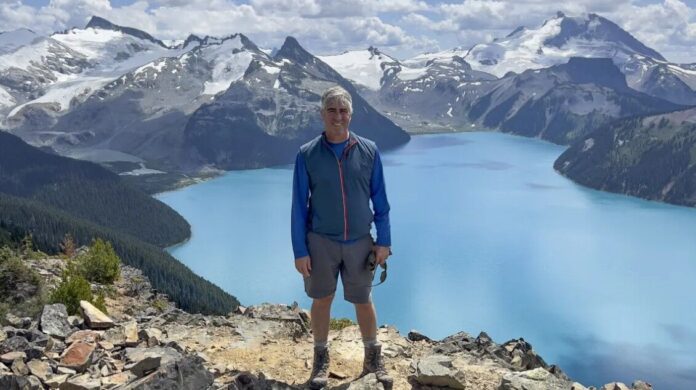An international team, including a UNBC researcher co-authored an assessment of worldwide glacier mass loss.
The findings highlighted the accelerating rate of glacier loss worldwide due to climate change, and the implications for local geohazards, marine and terrestrial levels, and sea-level rise.
UNBC Professor and Natural Resources Canada – Geological Survey of Canada member, Dr. Brian Menounos puts the glacial water loss between 2000 and 2023 into perspective.
“These particular glaciers have lost about 23 per cent of their total volume. If you were to take the amount of water that was lost, and put it over the surface of Vancouver Island, it would cover it to a depth of about 20 centimetres.”
Dr. Menounos adds some of the earlier findings that were made several years ago about the increasing melt are continuing today.
He says Earth has over 200,000 glaciers, and need other methods to track the annual health of glaciers, including space observations and observations on gravity.
Working with other researchers across the globe did come with disagreements on findings, which Dr. Menounos says makes it consensus science.
He noted some of the agreements may not say the same thing, but it takes what the majority vote is saying about the particular data sets.
The research is expected to evolve over the years, with snow and ice surface’s darkening due to wildfires, allowing more sunlight to be absorbed into the surfaces.
More information about the research can be found on UNBC’s website here.
Something going on in the Prince George area you think people should know about?
Send us a news tip by emailing [email protected].







